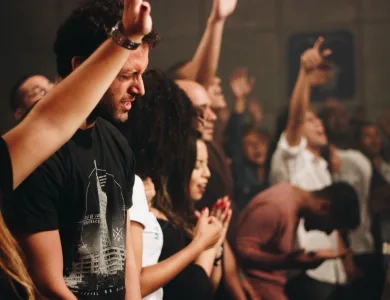Politics of the Caribbean
From Wikipedia, the free encyclopedia
The politics of the Caribbean are diverse for such a relatively small area. These systems can be related to their colonial history. The major political system is democracy, with many different party systems within many of the countries. Party systems are a variety of political parties combined together.
These systems can be divided into a one-party system, multi-party systems and two-party systems. The one party system can be found in Cuba. It is a revolutionary socialist democracy adopted from communism. Other parties do exist in this environment but are viewed as illegal. Although the word democracy is in the name of the party system, it is by far not democratic. Cuba suggests that democracy is about power and how many have access to it, whereas they believe their system is about how many people have access to basic goods.
Multi-party systems are political parties of three or more groups. Seats are awarded in legislature according to how many votes are received; therefore small parties can win seats. This encourages many small parties to form. Haiti, Suriname and Guyana are all good examples of this practice. Haiti has approximately twenty-eight parties, Suriname twenty-six and Guyana fifteen.
Two party systems are found primarily in the Anglophone countries. Although there are some smaller parties found the two main parties have the greatest chance of winning. Many times these two parties can be found alternating running the government. The classic two party systems can be found in Jamaica and Barbados. Jamaica is a classic representation of the British government. It is the only country in the region to have had two parties in the first elections. From 1944 until 1980 there was a perfect record of the parties alternating running the government.
Variations can be found in the two party systems, a one party dominant system. Although there are two parties, one continues to rule. In Trinidad and Tobago, the People’s National Movement remained in power from 1956 to 1986. In Antigua, the Antigua Labour Party has remained dominant for the majority of the time since 1951. In Saint Kitts and Nevis, the Saint Kitts and Nevis Labour Party has never before lost the popular vote (since 1962). Grenada’s dominant party was the Grenada United Labour Party in from 1951 until 1979 when it was overthrown in a Marxist coup d’etat led by Maurice Bishop.
Several of the island in the Caribbean remain under the control of colonial powers. The French islands are départements of France and elect representatives to the French National Assembly. The remaining British have elected governments, as do the Dutch West Indies and the American possessions. The Caribbean is a diverse political melting pot, mainly influenced by the variety of colonial history.
Envie sua Pauta para nós
Aceitamos sugestões de pautas, matérias e eventos relacionados ao universo gospel. Contribua com sua história ou evento e enriqueça nosso conteúdo!
Enviar Pauta Agora


